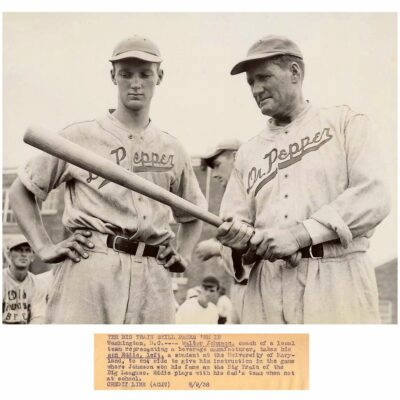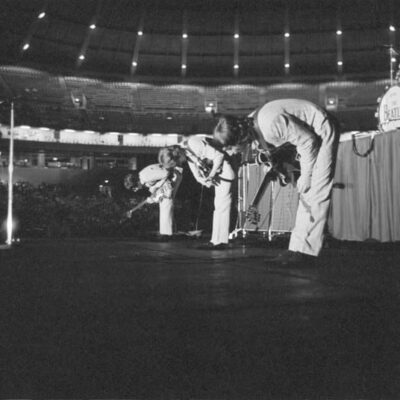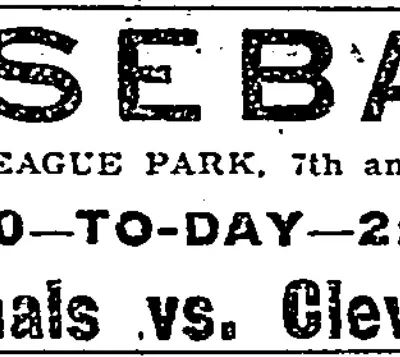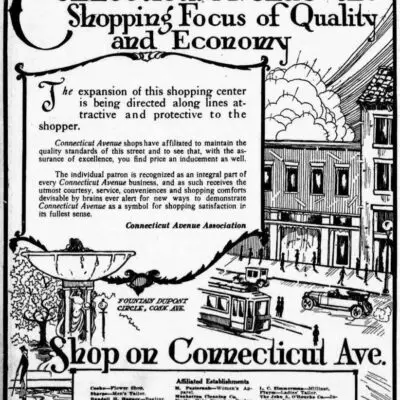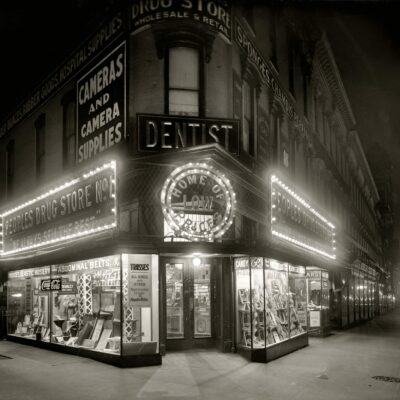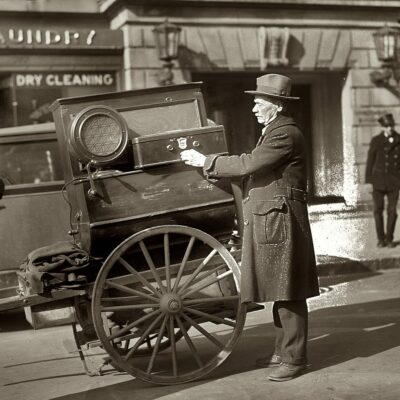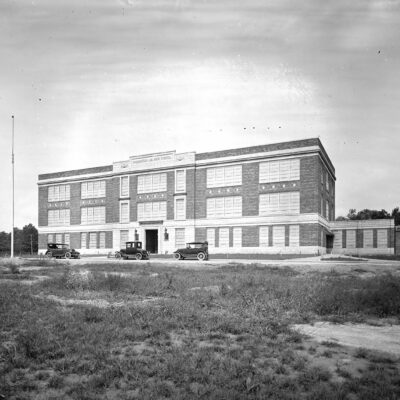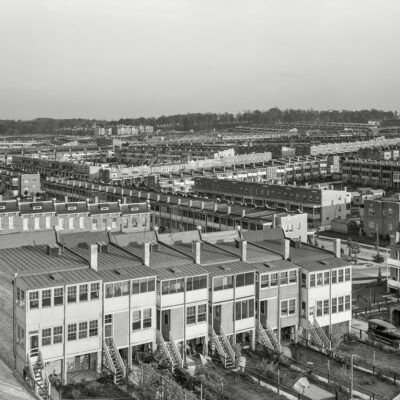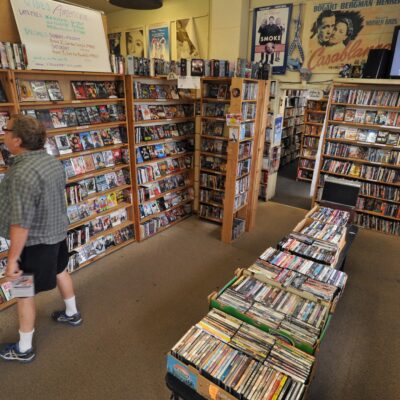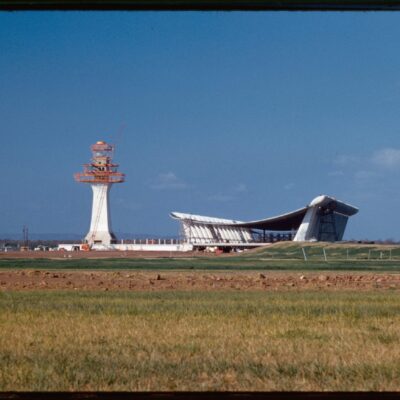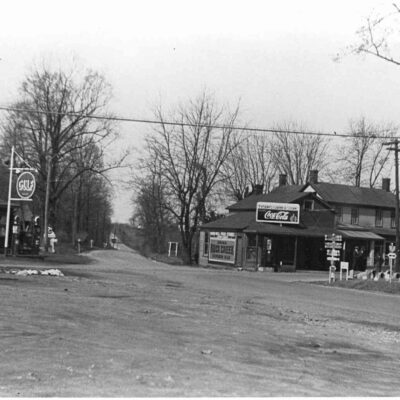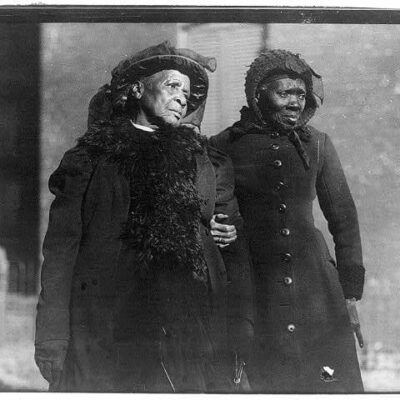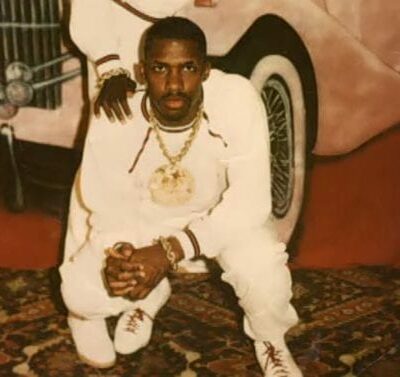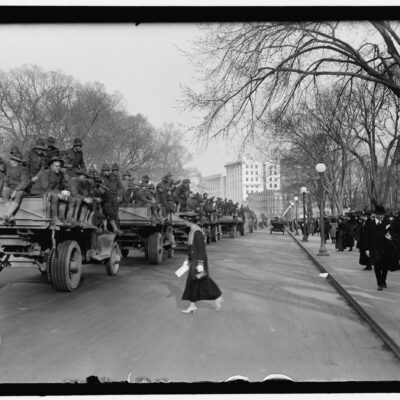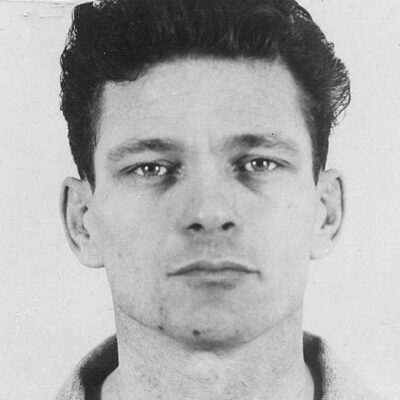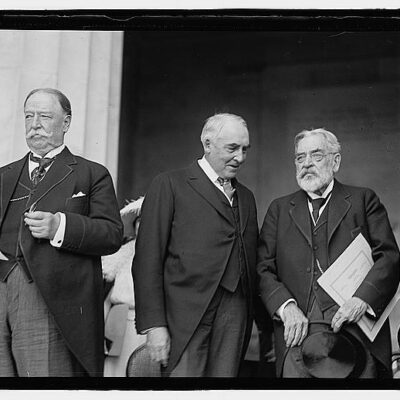For this last post, let us turn to the December 2, 1936 copy of the Washington Post. In this article, we observe a great tongue-in-cheek opening line (a nod to various failed multilateral trade initiatives, notably the 1933 London World Economic Conference):
“The State Department last night refused to make a reciprocal trade agreement with Cupid.”
On President Franklin D. Roosevelt’s instructions, the State Department announced that diplomats in the foreign service had to get permission from the Department to marry foreigners. A study ostensibly conducted by State noted that 18% (127 out of 684) of the foreign service officers were “married to aliens.” In the list of names mentioned in the article, five U.S. foreign service officers had married Canadians (three from Ontario and one each from Nova Scotia and British Columbia).
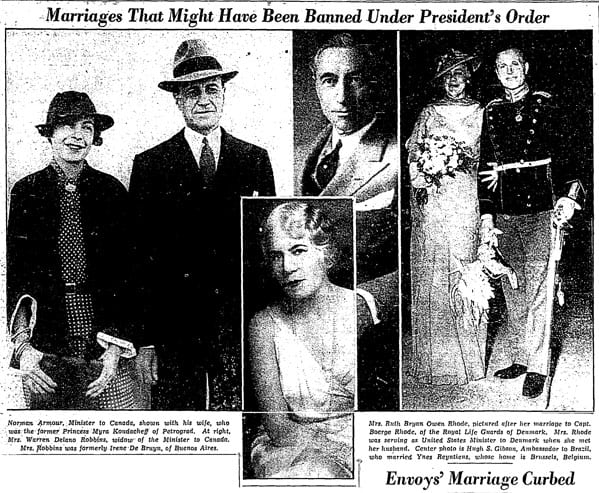
Each picture here is probably a love story of some description (like the Bio pages in the Express). To prohibit such stories because of the randomness of nationality seems like a sad thing. Yet, fear is such a strong emotion. I can understand the situation and that it happened is completely believable. But know this: DC, like all capital cities, is a bit of a weird place. There are lovely, delightful foreigners running around marrying Americans, and newspapers like the Washington Post are printing portraits of lovely, delightful foreigners (you know, to entice the Americans). It’s a vicious, twisted cycle.
So, at the end of all this, how can I sum up these reflections?
When comparing the past and present, we can point to continuity and change–and both of these analytical categories are important for social science. On the one hand, the diplomatic circle in DC remains a unique segment of the community. We can identify them by their license plates. On the other hand, the character of social interaction today weaves them straight into the Washington, DC happy hour scene rather than exclusive “hospitalities” like those ca. 1914 (though these happenings surely still occur).
Social media is a part of DC culture, including the diplomatic corps, and the incorporation of these technologies has accelerated and intensified our sense of ‘lived time’. We don’t check to see if we’ve made the Society pages of the Washington Post, but we check-in on Foursquare. These tools have made it possible to configure our social groupings in unique and unprecedented ways. Whether these groupings further isolate us into various communal echo chambers, or allow us to experience the diversity of humanity for the purpose of living meaningfully is solely up to us.
[Some credits: My name is Jason, and I’m finishing my PhD in International Relations and teaching a course on theories of international politics at the university near Tenleytown. I used ProQuest via the university to access the Washington Post archive, and these posts were purely for educational purposes. It’s true that I’m not Canadian, but my wife is. And my father-in-law is always reminding me who torched the White House in 1814.]
